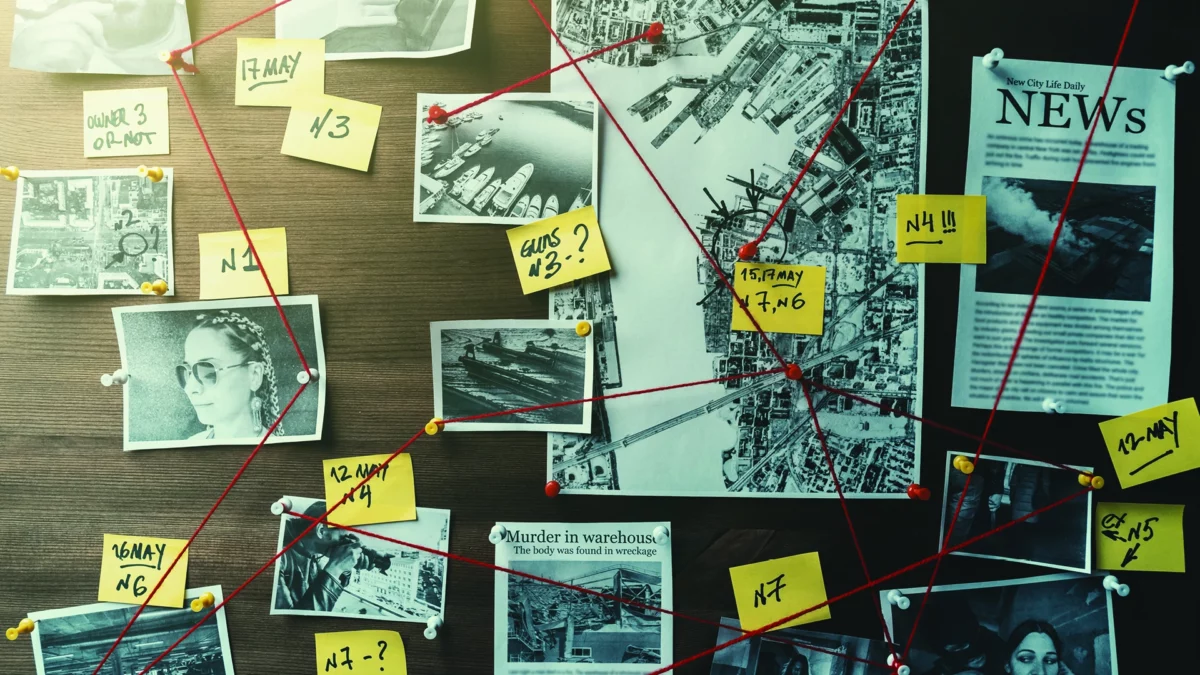Investigative journalists play a crucial role in the world of media by delving deep into various subjects to uncover hidden truths and shed light on important issues.
Their work often focuses on serious topics, such as social trends, political events, corporate misconduct, and government corruption.
To become a successful investigative journalist, one must possess a unique set of skills and qualities, as well as pursue relevant educational qualifications.

Education is a fundamental aspect of preparing for a career in investigative journalism. Aspiring journalists must earn a degree or diploma in journalism or a related field. This formal education provides a solid foundation, exposing them to journalistic ethics, the art of storytelling, and the necessary research and communication skills required for investigative reporting.
Moreover, holding a recognized qualification certifies a journalist’s competence and dedication to their profession, boosting their credibility in the eyes of both employers and the public.
Read Also : What is Professional Journalism?
In the pursuit of impactful stories, investigative journalists must be able to focus on in-depth features and conduct extensive research. Uncovering newsworthy stories requires thorough investigation, fact-checking, and corroborating information from multiple sources. This process is time-consuming and demands careful attention to detail. As such, patience and diligence are essential attributes for any aspiring investigative journalist.
Building a strong portfolio is a vital step in advancing one’s career in journalism. A well-curated portfolio showcases an investigative journalist’s expertise, versatility in writing styles, and the scope of their published work. There are two primary ways to create a portfolio: physical and digital.
The physical portfolio involves collecting printed articles from various publications, while the digital portfolio is hosted online and provides a readily accessible showcase of a journalist’s body of work.
Curiosity, persistence, and strong investigative skills are the lifeblood of any successful investigative journalist. Being naturally inquisitive allows them to generate story ideas and explore uncharted territories for potential revelations.
The persistence to pursue leads and dig deeper into complex issues is what often sets investigative journalists apart, enabling them to unearth crucial information that may have otherwise remained concealed.
Subscribe to Switch TV for more content.
Establishing and maintaining a network of contacts is essential for investigative journalists. These contacts include sources within various organizations, government agencies, communities, and other spheres of influence.
Having a robust network of contacts facilitates access to information and interviews, streamlining the process of gathering essential data for a story. It also enables journalists to corroborate information and obtain perspectives from multiple sources, ensuring a well-rounded and accurate narrative.
In summary, investigative journalism is a challenging but rewarding profession that requires a combination of education, specific skills, and personal qualities. By earning a degree or diploma in journalism, honing in-depth research skills, creating a strong portfolio, nurturing curiosity and persistence, and building a network of contacts, aspiring investigative journalists can position themselves for a successful and impactful career in the field.
Their work serves as a vital pillar of modern journalism, holding the powerful accountable and bringing important stories to the public’s attention.
















